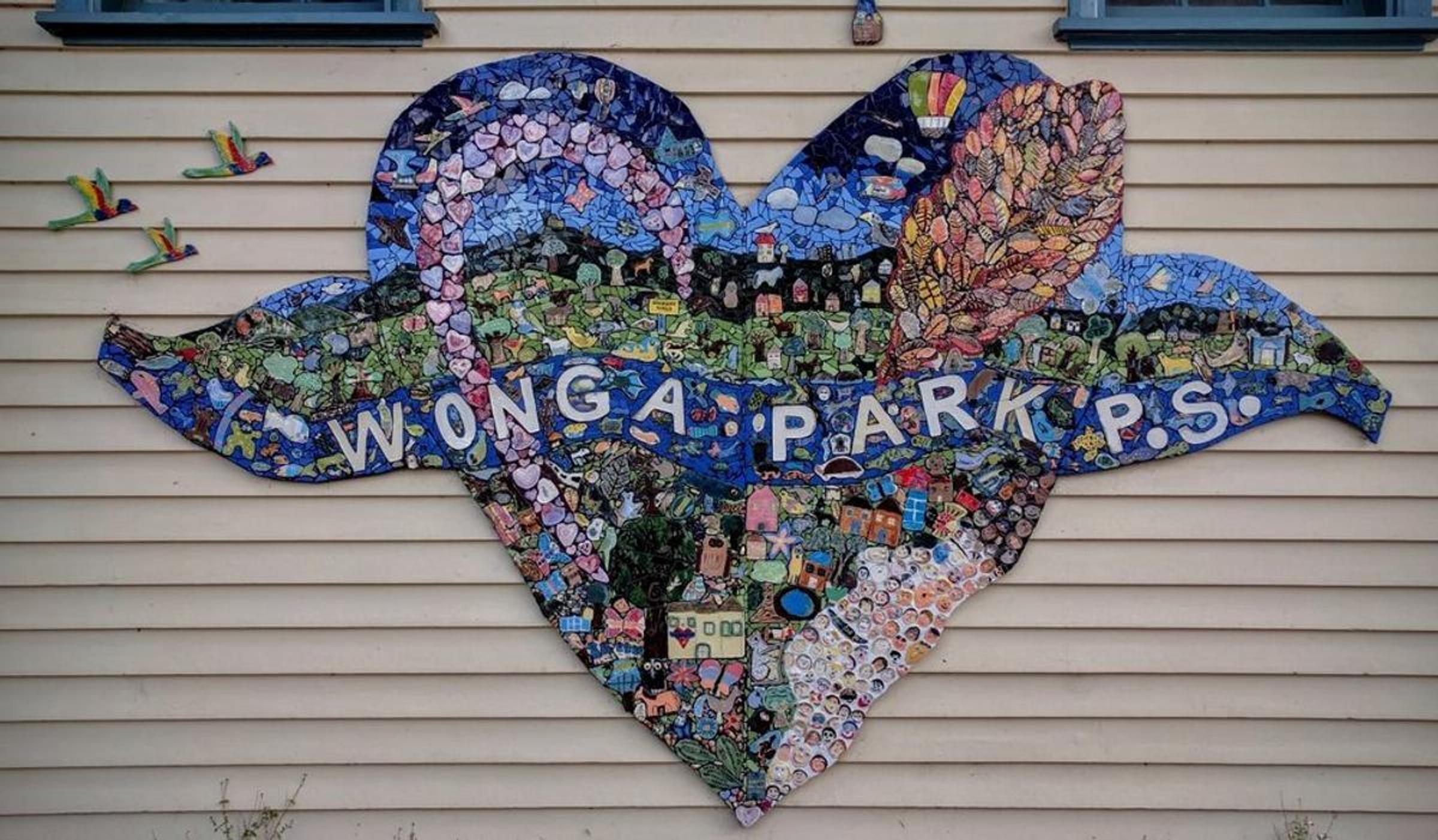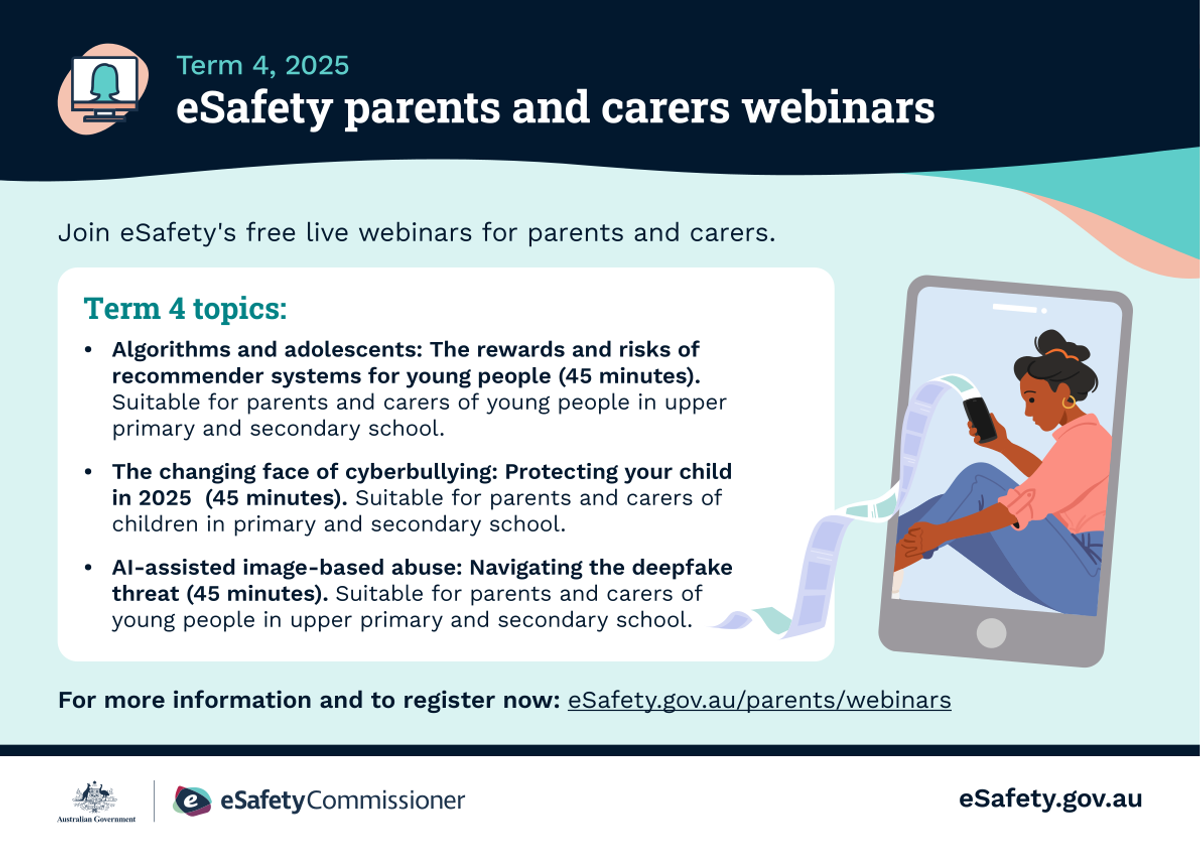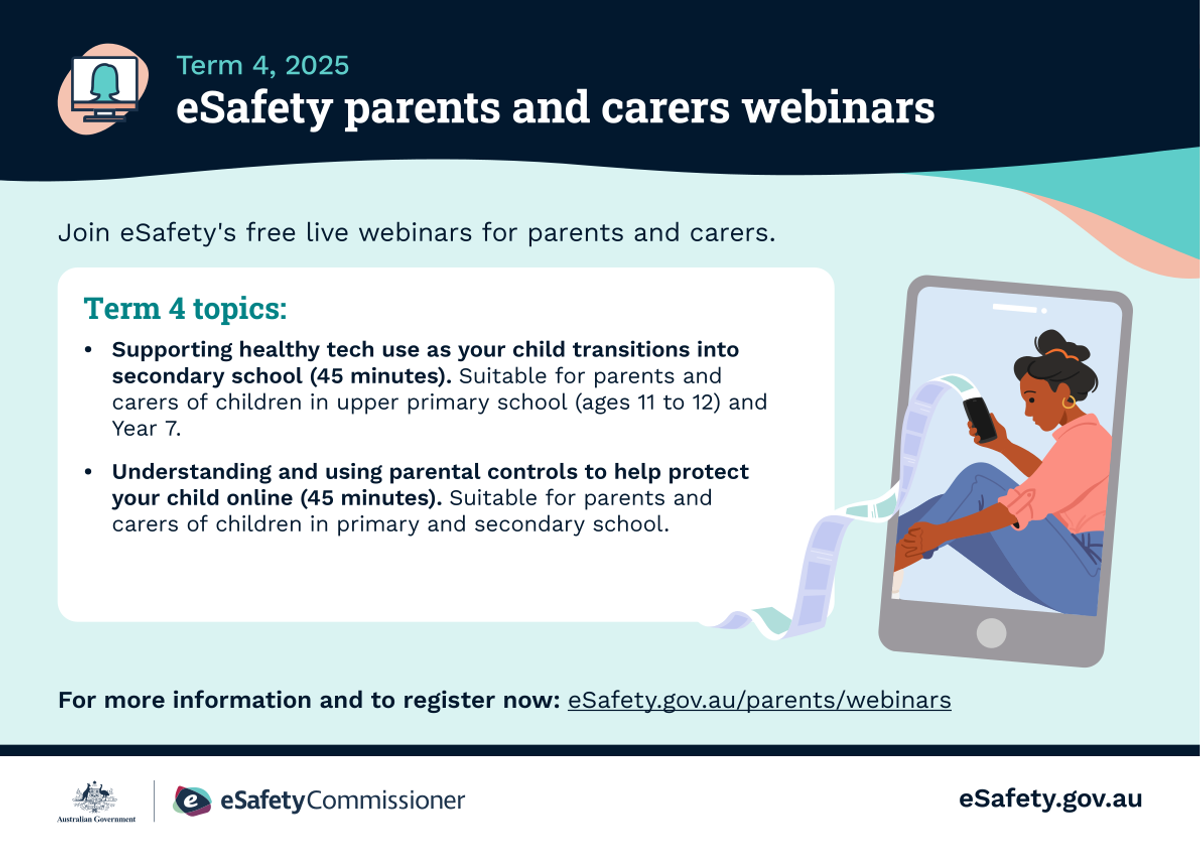Leadership updates and reflections

Update from Julie
Transition 2026
As we begin looking ahead to Transition for 2026, it’s an exciting time filled with new opportunities for learning, friendship, and growth. Transition is all about supporting every child to feel confident, connected, and ready for the next step in their learning journey.
One of the special parts of our transition process involves students nominating five learning partners - peers who help them feel supported and positive as learners. These nominations help teachers understand who students work well with and which friendships support their learning and wellbeing. While we honour that every student will have at least one of their nominated friends/learning partners in the same class, this process helps us to thoughtfully consider each child’s academic, social, and emotional needs as we form balanced, supportive grades.
Creating classes is a complex and careful process. Teachers take into account:
- Positive learning partnerships
- Existing friendships and social dynamics
- Academic strengths and areas for growth
Emotional needs and wellbeing
Our goal is simple: to ensure every student feels safe, included, and ready to learn in their new class.
We also recognise that with any change comes a mix of excitement and nerves. Moving into a new class, meeting a new teacher, and forming new friendships can feel a little ‘safely uncomfortable’, and that’s okay. These moments of challenge are where real growth, resilience, and confidence begin to develop.
Transition sessions over the coming weeks are scaffolded to support students to build new connections, grow positive relationships, and get to know their new teacher. Together, we’ll help them see that change can be both exciting and empowering, a chance to grow stronger, more adaptable, and more connected as learners and friends.
Please check in the Wonga Weekly to learn more about the sessions - next week will be our first session with the current classroom teachers taking students to the classrooms in their new level and exploring what looks/feels the same and different!
Thank you for your continued support as we work together to make Transition 2026 a positive and rewarding experience for every student. If your child will not be attending WPPS in 2026, (excluding Grade 6 students), could parents please let the school know by the end of this week as transition sessions for Grade 1- 5 students will begin next week.
Warm regards
Julie
Update from Adele
Policy update
Bullying Prevention Policy
Our Bullying Prevention Policy has been recently reviewed by our Student Voice Team, Education sub-Committee, staff and school councillors.
We are committed to providing a safe and respectful learning environment where bullying will not be tolerated. The purpose of the policy is to:
• explain the definition of bullying so that there is shared understanding amongst all
members of the Wonga Park Primary School community
• make clear that no form of bullying at Wonga Park Primary School will be tolerated
• outline the strategies and programs in place at Wonga Park Primary School to build a
positive school culture and prevent bullying behaviour
• ask that everyone in our school community be alert to signs and evidence of bullying
behaviour, and understands the importance of reporting bullying behaviour to school staff
• ensure that all reported incidents of bullying are appropriately investigated and addressed
• ensure that support is provided to students who may be affected by bullying behaviour
(including targets, bystanders, witnesses and students engaging in bullying behaviour)
• seek parental and peer group support in addressing and preventing bullying behaviour at
Wonga Park Primary School.
You can read our updated policy using this link on our website.
Child Safety - Drop Off and Pick Up reminder
At Wonga Park Primary School, student safety is our priority. Parents and carers are reminded that students are not be left unattended in the school grounds before 8:40am, as playground supervision does not begin until this time. Any children found unsupervised before 8:40am will be directed to the office, and parents will be contacted.
In the afternoon, staff are on duty until 3:40pm. Children who have not been collected by this time will also be sent to the office, and parents contacted.
We appreciate your cooperation in ensuring that all students are supervised and safe at all times. You can read our Before and After School Supervision Policy here .
Disability Inclusion
Inclusive Education - What is it?
Education is a human right. Every child deserves the opportunity to learn, grow, and thrive in an environment that values them for who they are. Inclusive education is about making sure that every student, no matter their ability, background, or support needs, has access to high-quality learning alongside their peers.
Inclusive education doesn’t just benefit students with disabilities. Research shows it strengthens learning, empathy, and social understanding for all students. It creates schools where everyone feels a sense of belonging, and where diversity is recognised as a strength.
What does inclusion look like?
Inclusive schools work to remove barriers that might prevent students from fully participating in learning and school life. This could mean:
- Providing instructions in both spoken and written form.
- Allowing flexible seating or quiet spaces for students who need them.
- Using assistive technologies or differentiated teaching approaches.
- Encouraging understanding and respect for invisible disabilities such as autism, ADHD, or sensory processing differences.
When schools embrace inclusion, everyone benefits. Students learn that people have different strengths, challenges, and ways of seeing the world. Teachers become more flexible and creative in their approaches. And communities grow stronger through empathy, understanding, and connection.
Online Safety
eSafety – Office of the eSafety Commissioner
Social media age restrictions webinars (this post will continue in all Wonga Weeklies for the remainder of 2025)
From 10 December 2025, certain social media platforms won’t be allowed to let Australian children under 16 create or keep an account.
Join our information sessions for parents and carers; educators and youth-serving professionals to understand the changes, their purpose and implications.
Parents and carers
The 30-minute webinar will help parents and carers understand the upcoming changes to social media access for children under 16.
Join our information session to:
- understand the purpose of the new age restrictions and how they aim to protect young Australians
- understand which platforms will require users to be 16+ and what platforms they can still access
- get tips and resources to support your child’s online safety and wellbeing through the transition.
Parents and carers will gain:
- a clear understanding of the new rules and their implications
- confidence in guiding their child through these changes
- access to trusted resources to support safe and positive online engagement.
Friday 14 November, 1:00pm (AEDT) REGISTER NOW
Wednesday 19 November, 7:00pm (AEDT) REGISTER NOW
Tuesday 2 December, 7:00pm (AEDT) REGISTER NOW
Monday 8 December, 3:30pm (AEDT) REGISTER NOW
Monday 15 December, 1:00pm(AEDT) REGISTER NOW
Thursday 20 November, 12:30pm (AEDT) REGISTER NOW
Term 4 eSafety Commissioner online workshops
The eSafety Commissioner provides free webinars to parents and carers with the knowledge, skills, and tools to support their children to have safe, positive online experiences. Remaining Term 4 webinars are listed below:
1.Supporting healthy tech use as your child transitions into secondary school
This 45-minute webinar explores the social pressures, peer influences, and technological challenges young people face as they transition into secondary school. It also offers practical strategies for navigating online friendships and connections to help minimise negative experiences. It's suitable for parents and carers of children in upper primary school (ages 11 to 12) and Year 7. Learn more about this webinar.
18 November, 12:30 pm
2. Social media age restrictions explained – a guide for parents and carers
From 10 December 2025, certain social media platforms won’t be allowed to let Australian children under 16 create or keep an account. Join our 30-minute information session to understand the changes. Learn more about this webinar.
20 November, 12:30 pm
Sign up for the eSafety Newsletter to receive the latest online safety news, resources, and advice.
Warm Regards,
Adele




